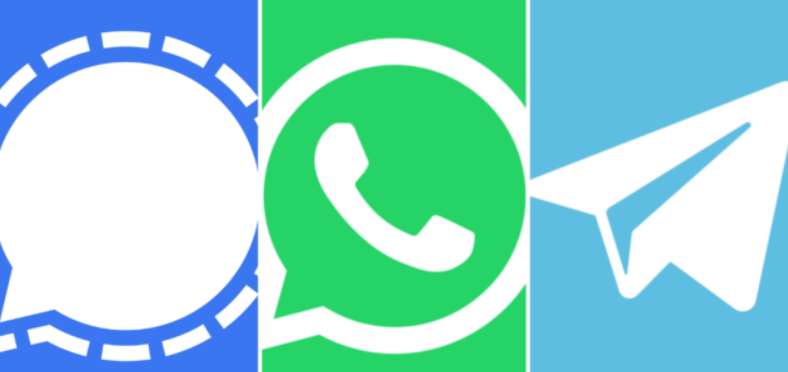On February 3, the Indian government issued a stark warning to Twitter for having defied its order to block access to around 250 accounts that had posted tweets in the context of the farm protests. In an 18-page missive, Twitter was told it was in no position to determine the “impracticability or the disproportionality of the said measure”.
“Twitter… is an intermediary bound by the orders of the Central Government,” said the letter, with a warning that Twitter India executives could face punishment, including jail terms. The trigger was the social media company’s position that it found the posts and accounts to “constitute free speech” and “newsworthy”. “Protecting public conversation and transparency is fundamental to the work we do at Twitter,” a representative told multiple media organizations, off the record.
The exchange underscored the political sensitivities around the farm protests. But more importantly, it could become the first shot to be fired in a battle that holds implications for free speech, regulation of technology, and, possibly, even geopolitics. At the core of this confrontation is a simple question: Who has the mandate to regulate speech online — the State or the private entity running the service?
There is no easy answer. In 2011, Facebook and Twitter helped the citizens of Egypt launch a most successful pro-democracy movement. The role of social media in bringing about the Arab Spring was captured succinctly in a protester’s tweet: “We use Facebook to schedule the protests, Twitter to coordinate, and YouTube to tell the world.”
On February 11, 2011, hundreds of thousands of people gathered at Tahrir Square succeeded in their revolution, just like their counterparts in Tunisia had a month earlier, while also leveraging technology.
In a more recent example, from 2019, anti-China protests in Hong Kong too were mobilized and coordinated over social media and digital networks. But this campaign did not have the same sort of success seen in Egypt and Tunisia. The Great Firewall of China — where the government has close control over what can and cannot be said online — has now descended upon Hong Kong.
In these three instances — particularly the first two — online speech helped address the information asymmetry between a State that did not enjoy popular support and the people.
But the evolution of technology in the social media domain during this decade has created vulnerabilities, which are being exploited by bad actors to strike at the heart of democracy and democratic institutions. This was most visible in 2016, when political disinformation is believed to have influenced the United States presidential election and the Brexit referendum.
Because social media companies held up principles of free speech against the State, it gave the people of Egypt and Tunisia a chance to express their will. At the same time, because social media companies failed to stop the abuse of their platform, the will of the people in the United States and the United Kingdom — at least to some degree — was manipulated.
The temporality of these examples is relevant too. They suggest that increasingly, social media companies have not been — by virtue of being unwilling or simply ill-prepared — able to prevent the abuse of their platform. When their passivity to content moderation has often led to the rise of misinformation and disinformation, their algorithms have actively propagated harm and marginalization.
The origins of social media trace back to cyber utopianism, where early activists wanted the medium to help emancipate the oppressed from the oppressor. In the last 20 years, the internet has undoubtedly risen to that role — the Me-too movement and Black Lives Matter are only the most recent in a long list of success stories.
Ultimately, then, the entity that holds the best mandate to regulate speech online is a democratic, rules-based institution. This does not often translate into the State, and it almost certainly cannot be embodied by a private corporation. The world needs to evolve an independent, impartial domain — almost similar to an independent judiciary — to help navigate the dilemmas at the heart of regulating online speech.





